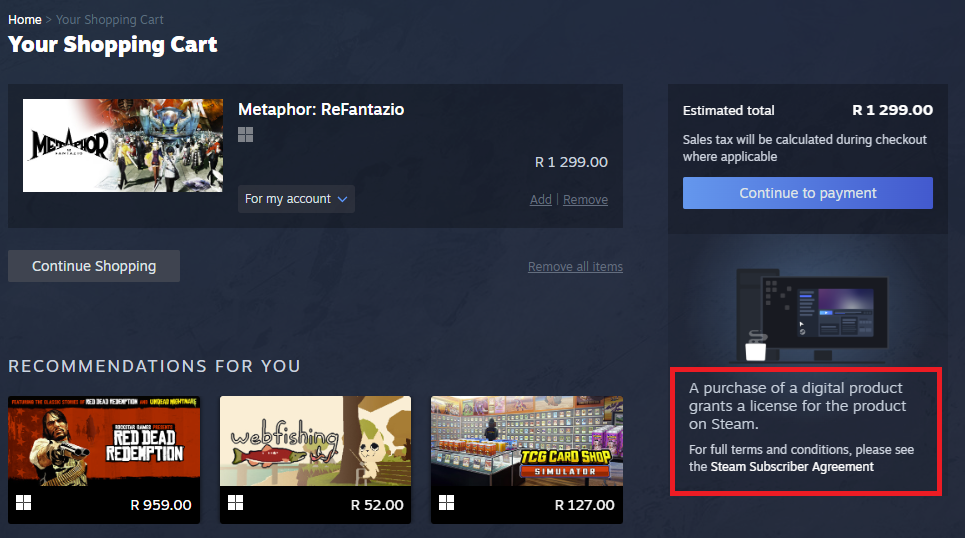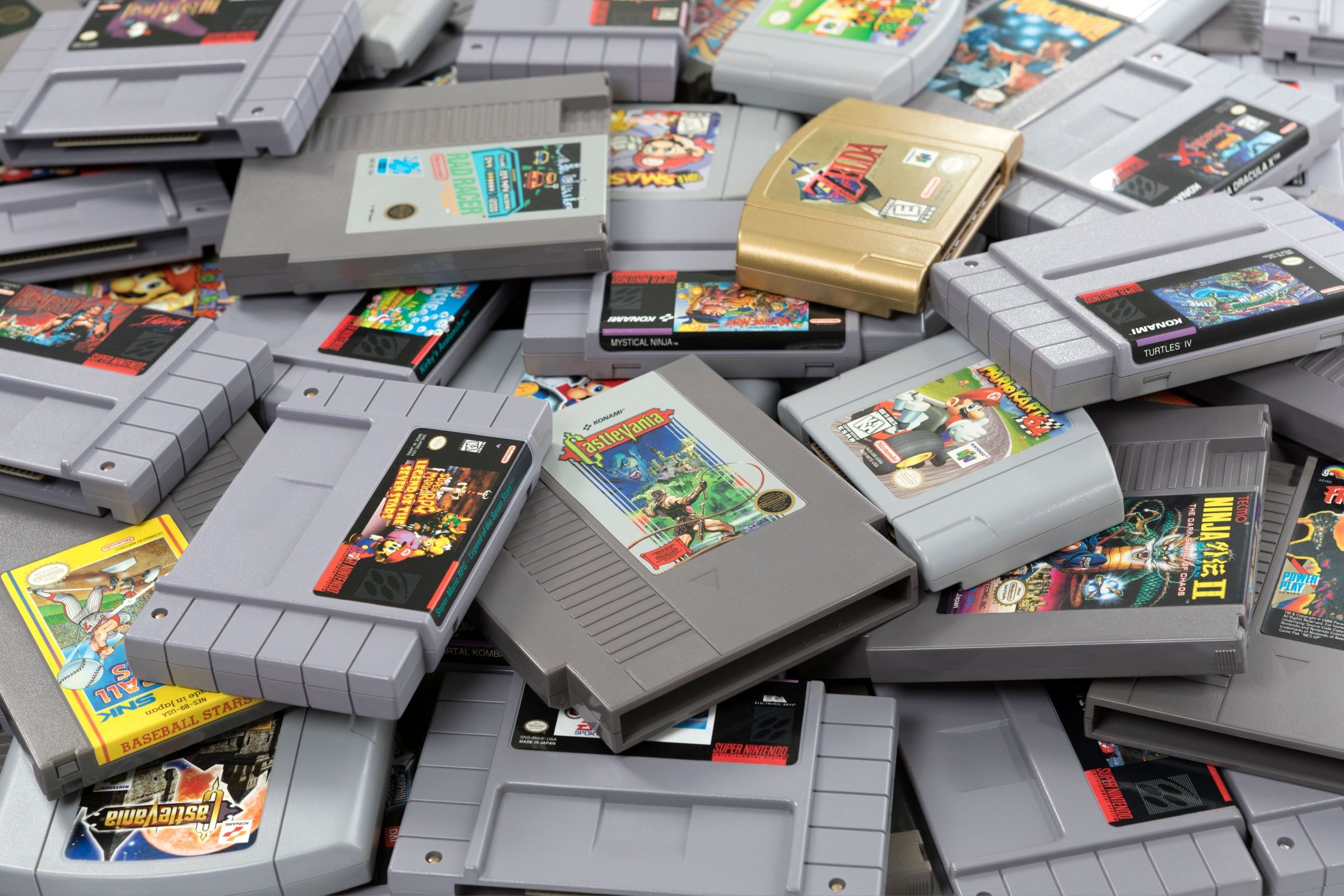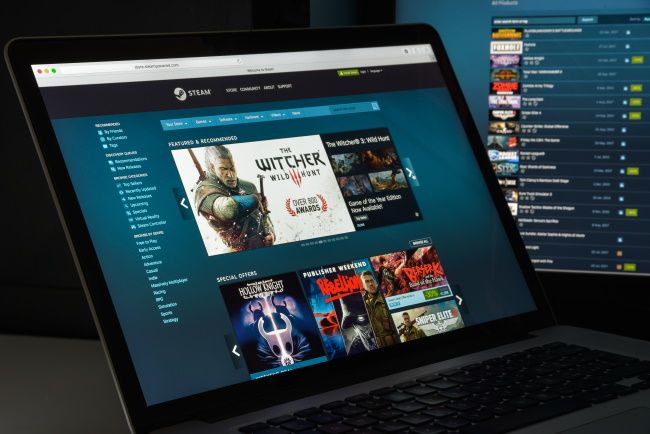Key Takeaways
- Steam warns you don’t own games, you buy a license to play them
- This is potentially due to a California law and Steam’s clearer transparency.
- Physical games let you transfer ownership, digital games retain control.
You may have noticed or read that Steam now shows a small disclaimer when you buy a game that you don’t actually own the games you “buy” from them. While this might have taken some people by surprise, this isn’t some sort of change, it’s just better transparency.
Why Steam Now Warns You About Ownership
The most likely reason Steam has added this disclaimer is in response to Californian law AB-2426 which essentially says that using words like “buy” or “purchase” when it comes to digital licenses for content like video games amounts to false advertising.
By adding this small disclaimer to the checkout screen, and linking to the Steam Subcriber Agreement, Steam is basically ensuring that any customer knows exactly what they get when they pay for a game.
The most relevant part of the agreement is section two, part A in the first paragraph.
Steam and your Subscription(s) require the download and installation of Content and Services onto your computer. Valve hereby grants, and you accept, a non-exclusive license and right, to use the Content and Services for your personal, non-commercial use (except where commercial use is expressly allowed herein or in the applicable Subscription Terms). This license ends upon termination of (a) this Agreement or (b) a Subscription that includes the license. The Content and Services are licensed, not sold. Your license confers no title or ownership in the Content and Services. To make use of the Content and Services, you must have a Steam Account and you may be required to be running the Steam client and maintaining a connection to the Internet.
In plain language, when you “buy” a game, you’re buying a license to play that game. That license can be revoked, and you don’t have, for example, the right to sell the game to someone else.
Nothing Has Actually Changed
While this seems like a big deal, the truth is that this isn’t a new development. Nothing has changed in the agreement or how these licenses work, it’s just now put at the forefront. More importantly, the legal status of video games hasn’t changed. These same license terms apply to physical games you own that don’t require an internet connection.
When you buy, for example, a SNES game cartridge, you buy a license to play the game. You don’t own it. You aren’t allowed to make copies of it, reverse engineer it, or anything else the legal owner of the software is allowed to do.
The License Model Hurts Digital Games More Than Physical Ones
So why all the fuss now? The truth is that for traditional physical games that don’t have online DRM (Digital Rights Management) these terms and conditions are largely unenforceable. It’s not like Nintendo or Sony are going to knock on your door and force you to destroy the physical copies of your games if you violate the user agreement. They could get a court order to do this in theory, but it’s hardly worth the time and effort!
Since, for the most part, the license to play the game is linked to that physical copy, you can transfer it to someone else by selling or giving away the game. You can do this (in the United States at least) thanks to the First Sale Doctrine, which is the same law that makes it legal to buy and sell used books, movies, and other copyrighted works. However, this doctrine doesn’t apply to games sold on platforms like Steam, because you’re buying a service, not a discrete copy of a game.
Possession Is Nine Tenths of the Law
In the end, it comes down to who has possession and control of the material in question. When it comes to digital games sold on platforms like Steam, it’s the platform that keeps a tight grip on the content, and how and where it can be used. However, there are exceptions!
For example, GOG only sells DRM-free games, which means once you’ve downloaded a game from them, they have no control over it. You still, legally, need to comply with the license terms. However, you can back it up, install it where you like, and generally enjoy the game without fear of revocation.








